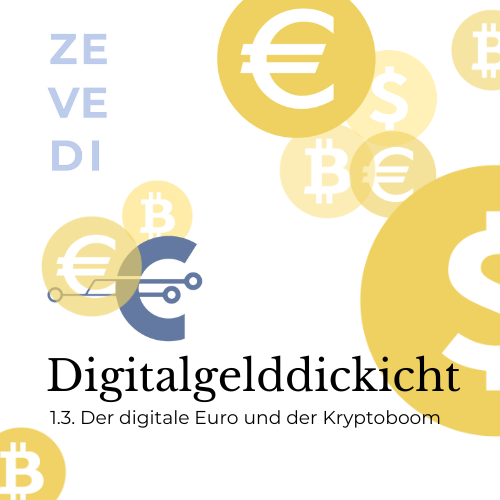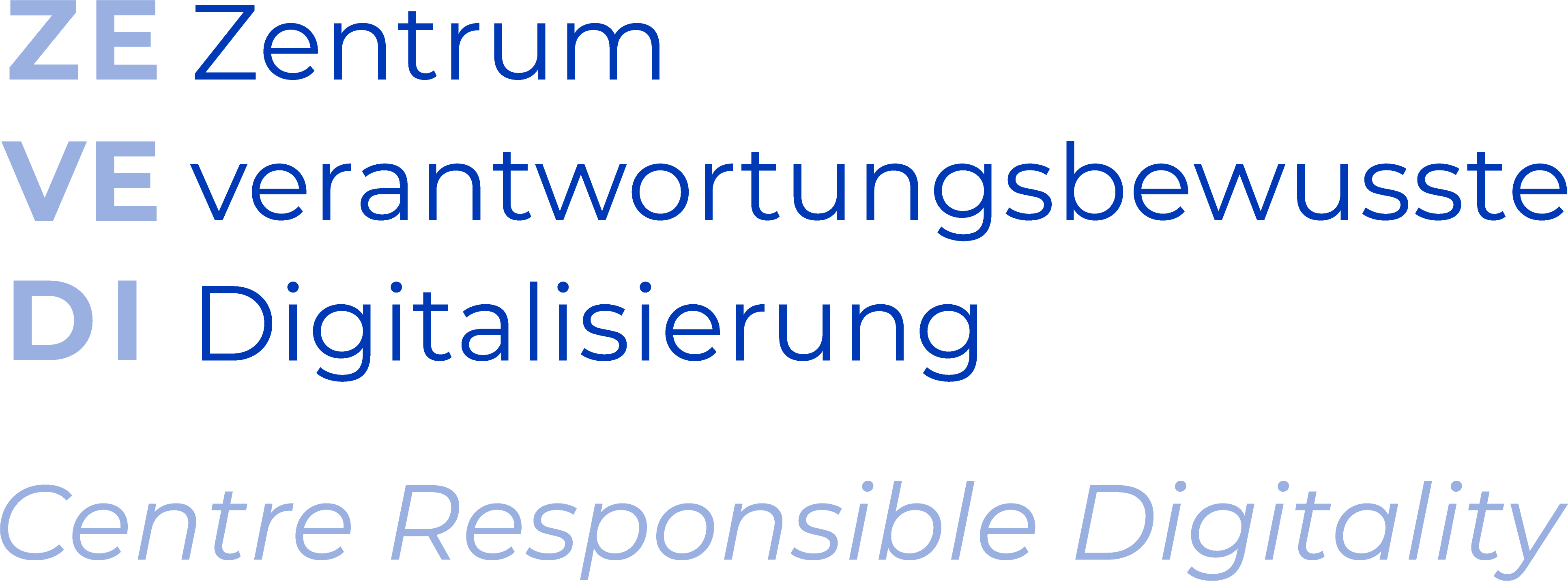
The introduction of a digital central bank currency (CBDC) is imminent in the EU. But exactly how a digital euro will be designed and when it will be introduced is still an open question. While the political process is slowly gathering momentum, a discussion of the considerations surrounding the introduction of a CBDC directed explicitly at a lay audience, is scarce.
The first two episodes on cash (episode 1) and digital payments (episode 2) have dealt extensively with the relationship of a digital euro to everyday payment options. In this episode, eFin & Democracy is dedicated to the less mundane and often controversial world of cryptocurrencies, their genesis and evolution – and looks at it from a CBDC perspective. Since Bitcoin burst onto the scene in 2008, its and other crypto assets’ notorious price volatility, immense power consumption, involvement in fraud and crime have given rise to skepticism. Nevertheless, they are now a fixture of the digitized financial sector worldwide.
In this episode, Digitalgelddickicht explores the beginnings of Bitcoin, its original motivation and innovation potential. It discusses why, despite the fundamental difference or even contrary conception of crypto assets and CBDCs, novel means such as blockchain technology and smart contracts have sprung from the crypto world and are now understood to be groundbreaking far beyond it. And to what extent they have also captured the traditional financial sector, promising greater efficiency, security and transparency, and to that extent also affect considerations for a CBDC.
Gäste
Dr. Martin Diehl, is a lead analyst at the Deutsche Bundesbank». An economist (M.A. econ.) and philosopher by education, he received his PhD at the, Justus-Liebig-Universität Gießen in Macroeconomics. he is working at the Deutsche Bundesbank since 1998. After three years as its representative in China, he is leading the section on payment systems analysis since 2008. He is particularly interested in the infrastructures of the finance market, specifically the role of new technologies such as the Distributed-Ledger-Technology, crypto tokens and CBDCs.
Lecture The social and semiotic construct “Money”. An Introduction und the lecture Central Banks between Strategic Relevance, Political Independence and Democratic Control» (German only),both in the context of the Citizen Lecture Verstehen Sie Krypto at the Technische Universität Darmstadt, co-organized by Dr. Martin Diehl and Prof. Dr. Petra Gehring in 2022.
Prof. Dr. Sebastian Omlor is Professor for Private Law, Commercial and Business Law, Banking Law, and Comparative Law» at the Philipps-Universität Marburg und Founding Director of the Marburg Institute on the Law of Digitization (IRDi)». An important research focus of his are legal issues of the digitized financial sector. He leads the ZEVEDI project group Tokenization and Finance».
The full video interview with Sebastian Omlor about his research and blockchain law specifically, made within the context of the Mercator-Journalist Residency of Rainer Lind, can be found here (German only).
You can also find a videotape of his lecture Democratic Blockchain Algorithms: from „Code is Law“ to „Law in Code”» (German only) in the context of the citizen lecture Verstehen Sie Krypto at the Technische Universität Darmstadt in 2022.
Sarah Palurovic is an economist, tutor und research associate at the Frankfurt School Blockchain Center (FSBC)» at the Frankfurt School of Finance und Management. She is also executive director of the Digital Euro Association (DEA) und Co-Host of the DEA Podcasts.
Dr. Jonas Gross is an economist». Having earned his PhD at the University of Bayreuth with a thesis on the monetary economy and digital currencies, he is co_founder and chairman of the Digital Euro Association, Co-Host of the Podcast Bitcoin Fiat & Rock’n Roll and Chief Operating Officer at etonec, a business offering blockchain-based payment solutions.
Further Information and Sources
The video interview with Sebastian Z, Bitcoiner, made within the Mercator-Journalist Residency of Rainer Lind can be found here» (German only).

